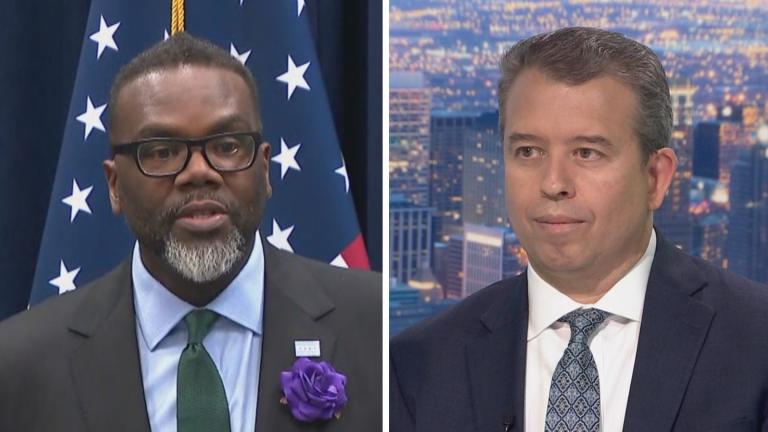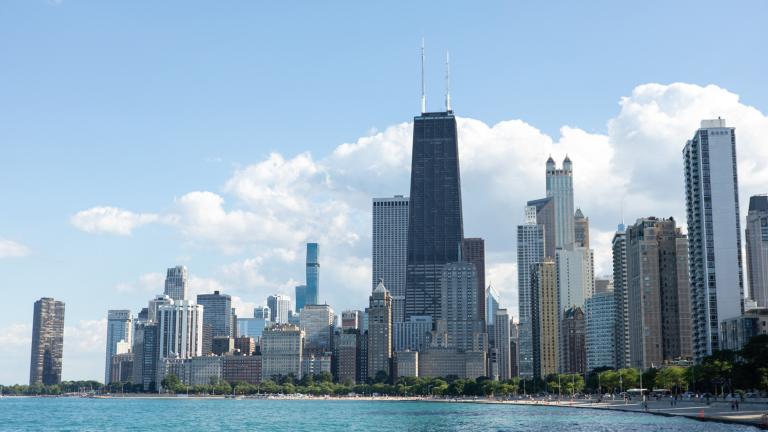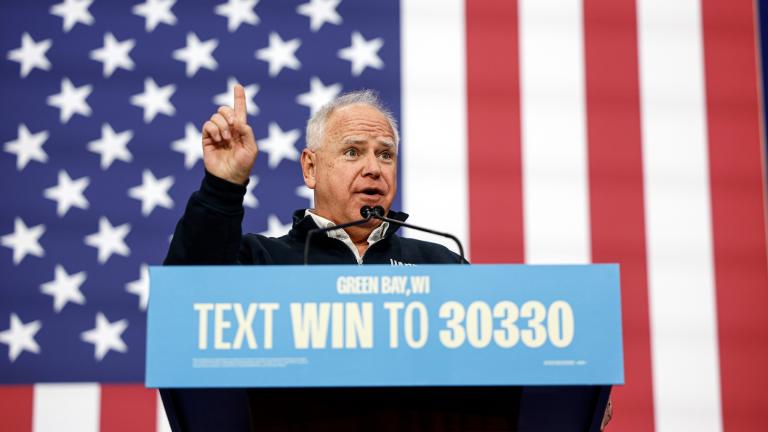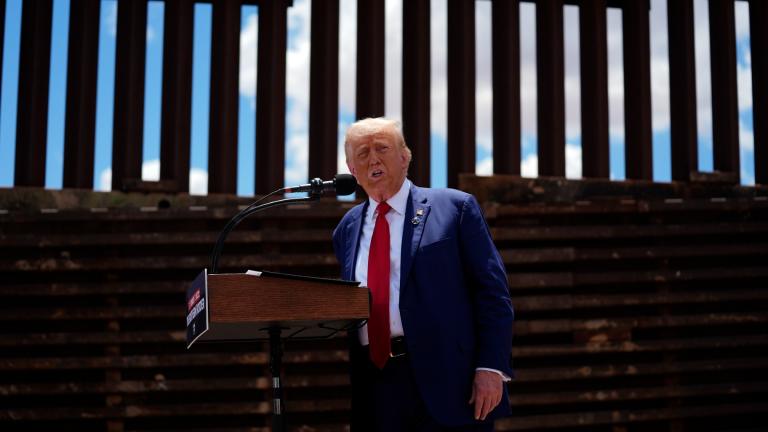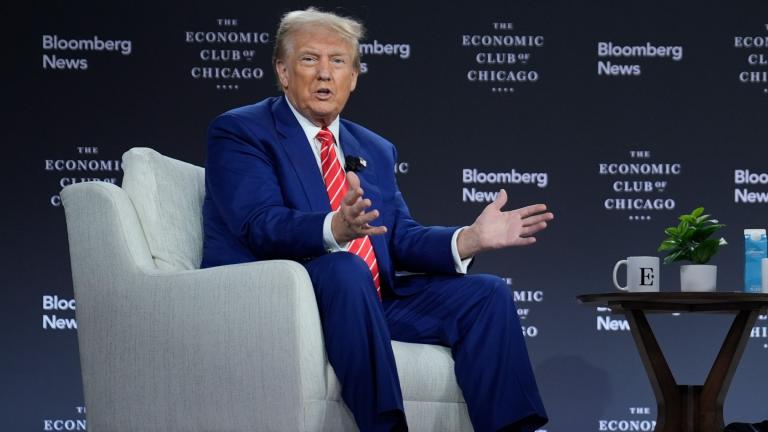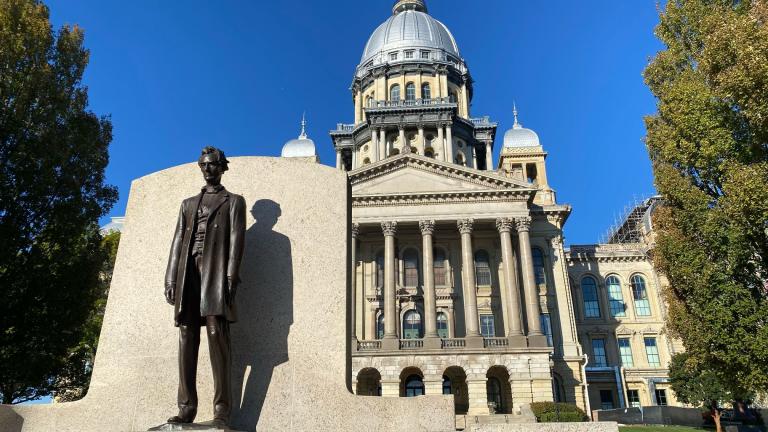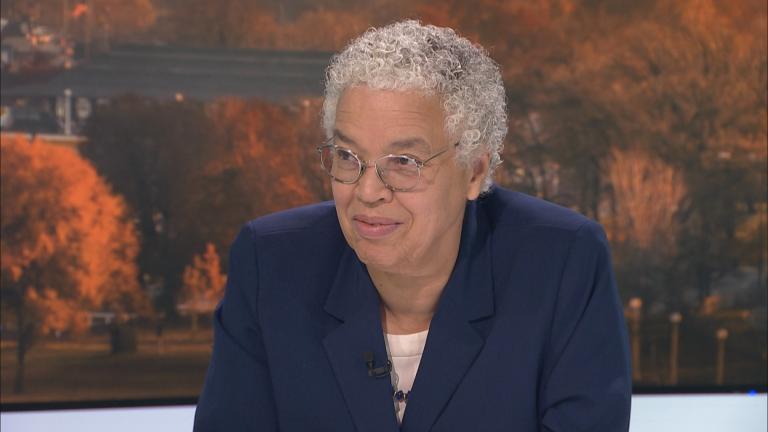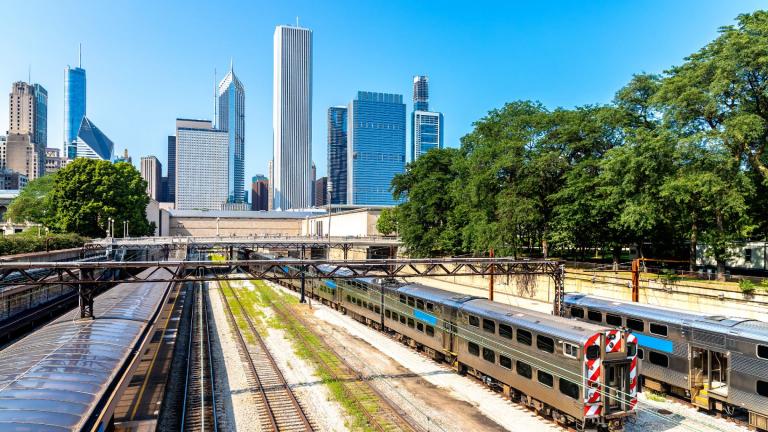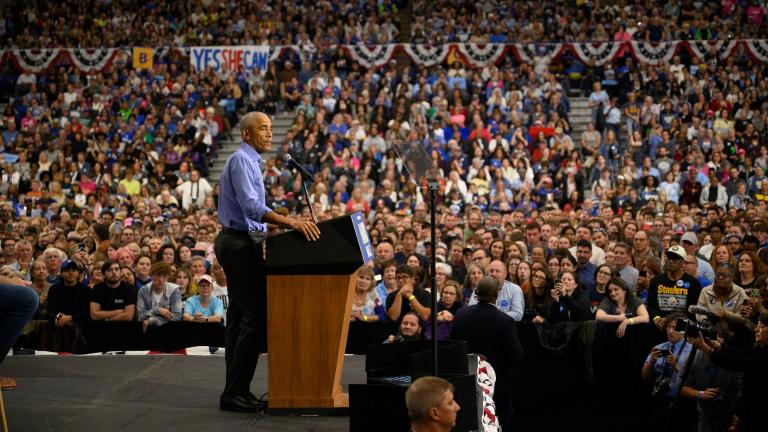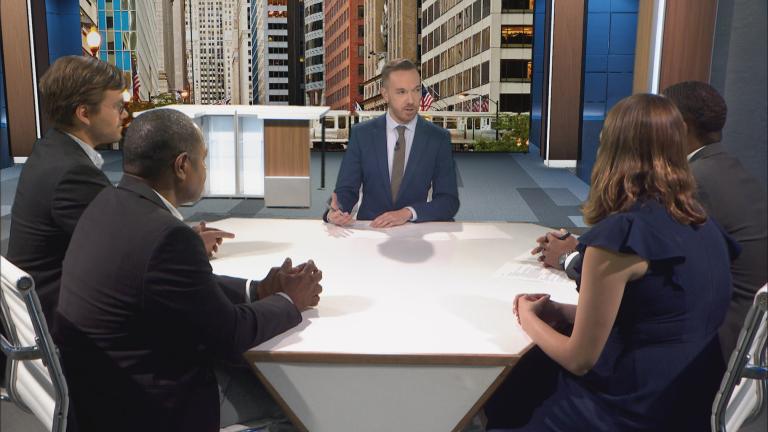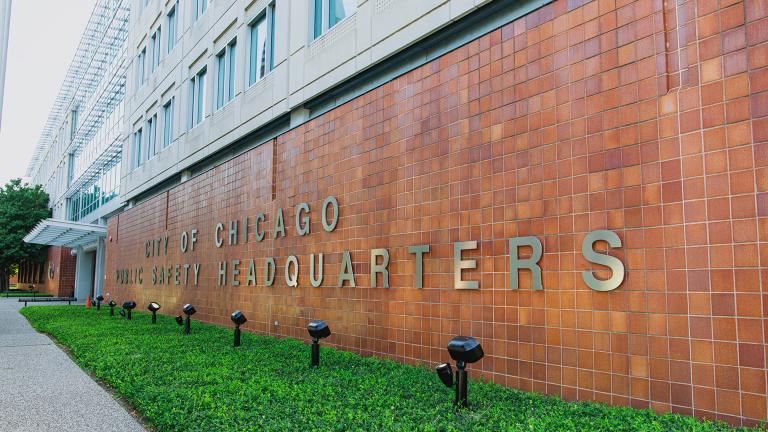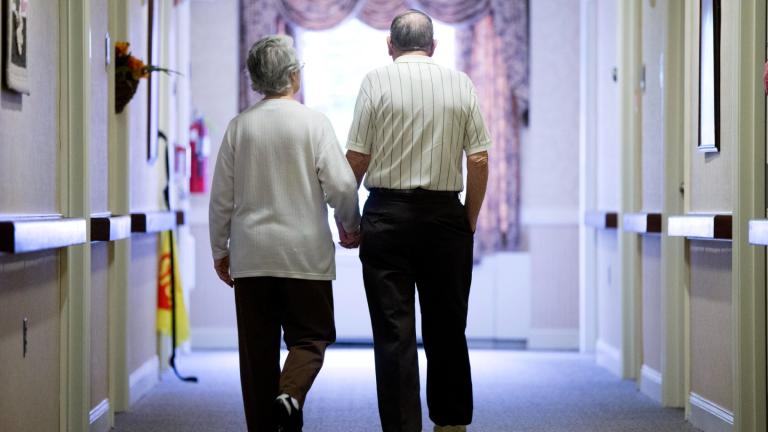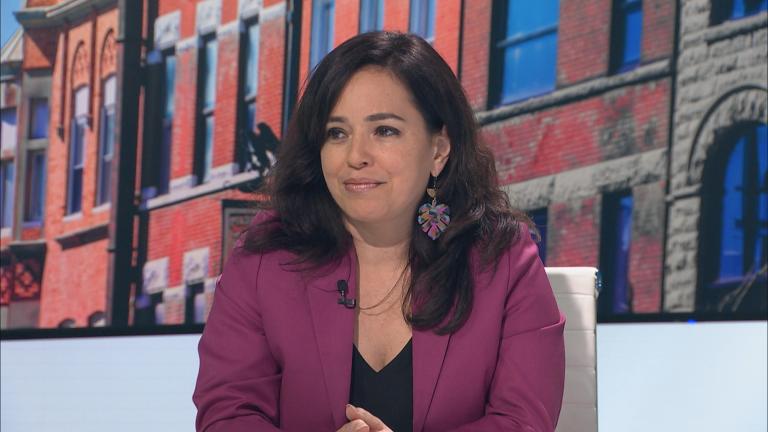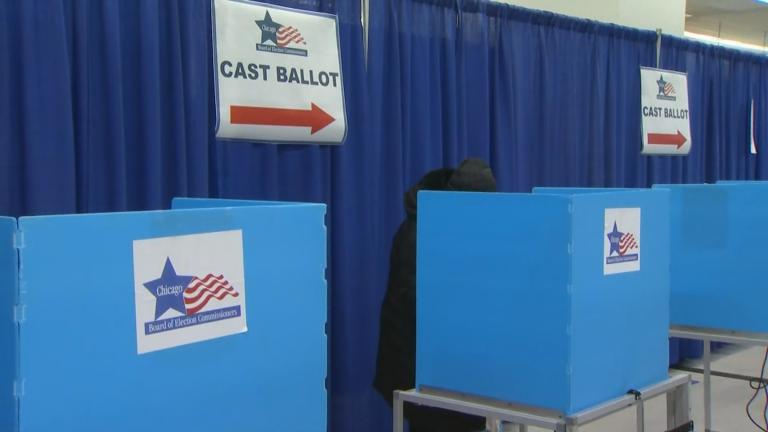Politics
No current or former members of the Chicago Board of Education attended Wednesday's marathon session of the City Council’s Education Committee, even after some City Council members threatened to hit them with subpoenas to require them to appear.
“A generation-long persistence in structurally imbalanced budgets, coupled with high pension and debt burdens, mean the city will face enormous budget shortfalls in the coming years,” wrote Joseph Ferguson, the head of the nonpartisan budget watchdog group and the city’s former inspector general.
Roughly 252,000 ballots have been cast Tuesday, Gabe Sterling of the Georgia secretary of state’s office said on X. “Spectacular turnout. We are running out of adjectives for this.” The previous first day record was 136,000 in 2020.
The Harris-Walz plan includes a focus on improving rural health care, such as plans to recruit 10,000 new health care professionals in rural and tribal areas through scholarships, loan forgiveness and new grant programs, as well as economic and agricultural policy priorities.
Most mainstream economists say Trump’s policy proposals wouldn’t vanquish inflation. They’d make it worse. They warn that his plans to impose huge tariffs on imported goods, deport millions of migrant workers and demand a voice in the Federal Reserve’s interest rate policies would likely send prices surging.
Donald Trump, the Republican presidential nominee, was pressed on his communication with the Russian president during a wide-ranging — and sometimes contentious — interview with Bloomberg editor-in-chief John Micklethwait at the Economic Club of Chicago.
The Illinois Senate’s Transportation Committee has been meeting since July to grapple with the thorny issue of funding for the Chicago area’s transit system and whether to replace the CTA, Metra, Pace and Regional Transportation Authority with a single agency that will oversee bus, train and paratransit services. The proposal also calls for $1.5 billion in new funding.
Preckwinkle’s $9.9 billion plan calls for investments in opioid addiction remediation, community violence intervention, firming up how generative artificial intelligence can be used, adding employees at the assessor’s office to help with property valuations and adding solar panels to county properties.
The Chicago area’s public transit system is approaching the precipice of a $730 million fiscal cliff in just over a year’s time. A group of lawmakers and advocates don’t just want to plug the transit agencies’ budget hole — they’re looking to funnel $1.5 billion in additional state funding each year to create a sustainable, world-class public transportation system.
A thought has circulated among several people close to the former president, they told CNN: If Trump wins, Obama might be seen as the aberration in the history of American politics, rather than Trump and his nativist authoritarianism.
The mayor brings in a new school board while the district faces a budget crunch. And alderpeople jam up City Council, angry over the CPS board and the end of ShotSpotter.
A federal court order requiring the Chicago Police Department to change the way it trains, supervises and disciplines officers should be expanded to include traffic stops, but the city’s new police oversight board should be given some power over the hot-button issue, according to a new recommendation.
Tens of millions of older Americans will see an increase in benefits this January when a new cost-of-living adjustment is added to Social Security payments.
Chicago Public Schools has been at the center of an intense media frenzy over the past week. Tensions continue to rise between Mayor Brandon Johnson and CPS CEO Pedro Martinez, and the district’s financial crisis is at a standstill while the CEO, mayor and Chicago Teachers Union all publicly voiced different methods to solve it.
Gun safety advocates want Illinois to shorten the period of time in which a gun must be reported as lost or stolen from 72 hours to 48 hours. The group also wants lawmakers to mandate that dealers check a gun’s serial number in a state database before it can be bought or sold. Gun rights groups oppose the changes.
Voters in Illinois are being posed three “advisory” questions that ask voters whether they support a specific policy but aren’t legally binding. Lawmakers may take the results into account when considering what policies to advocate for in future legislative sessions.

